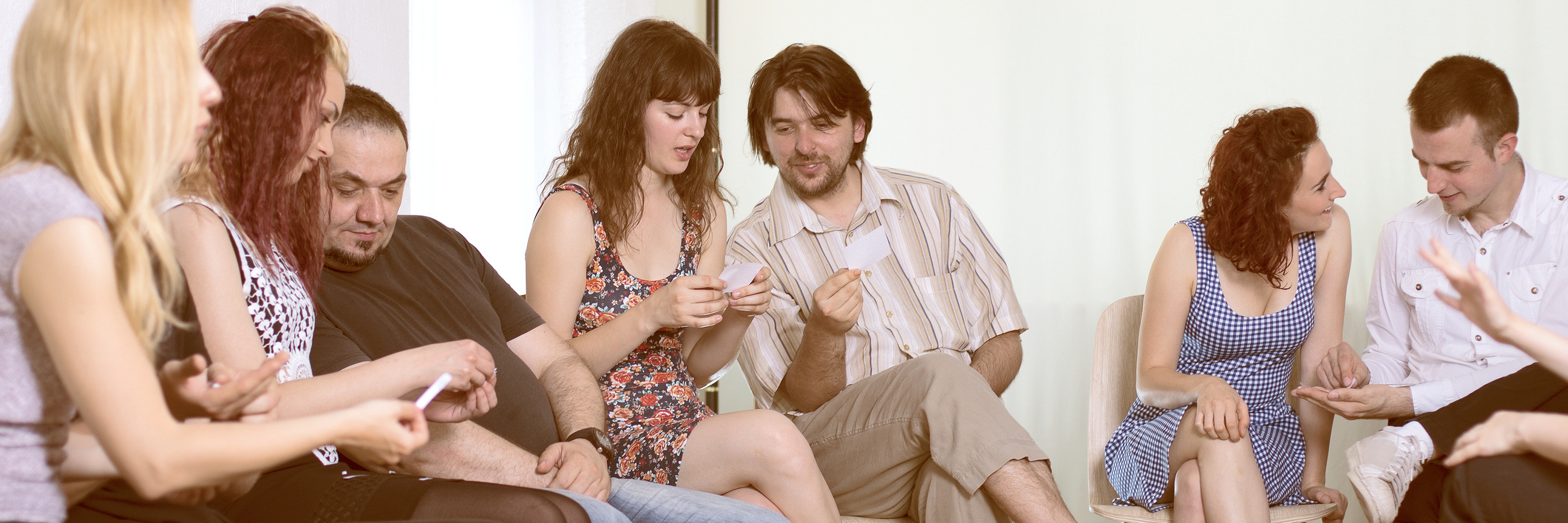Mental illness can seem a lonely place to be. Often, it is hard to see through the fog to find our support network and there are times that one does not even exist. Without a hand to hold, it can seem like a daunting road to walk down, but even the smallest of communities behind you can make recovery that little bit easier.
I believe wholeheartedly in the importance of a support network in tackling mental health problems. Throughout my journey in recovery thus far, I have gone through periods where I had next to nobody beside me, and the future consequently seemed dark. Without a network of friends and loved ones who understood and empathized with my struggles, real recovery seemed an impossible feat because the idea of fighting my battles alone felt overwhelming.
More recently, I have put a lot of energy into shrinking my inner circle and strengthening my support structure; this has been pivotal in my healing as I know have a group of people around me who truly do understand my needs and support me in my journey to wellness and, in turn, I always aim to be there in my best capacity for them in their hardships.
However, finding these support networks can be difficult, particularly if you are experiencing a period of crisis; at our lowest points, even taking basic care of ourselves can be too much, so to seek out connections and support from others can be a huge ask.
Recently, I was made aware of a group operating in my city. They’re called S.M.I.L.E – “Social Meets In Loving Environments,” a part of something called The Happiness Project. The project is headed by somebody who has himself experienced the struggles of mental illness. His goal has been to create a safe space for others going through similar troubles to come and find a supportive, loving network of peers to speak freely and openly about what they are going through. These events are held weekly and the intention is to eradicate some of the isolation and loneliness one can feel when in the grips of mental illness.
Especially within big cities, those with mental health problems can easily find themselves isolated and so the visibility of groups aiming to fight this loneliness is imperative. The point of them is not always to provide formal group therapy, like cognitive behavioral therapy (CBT), or to act as a gateway to mental health services necessarily, but to allow people with mental health problems a place in which they can socialize and openly talk about their struggles without fear of judgment or misunderstanding. These sympathetic networks of like-minded people be can exactly what somebody needs at their lowest – a hand to hold, somebody to help lift them up a little and walk down the road to recovery with them.
Furthermore, these groups do not have to be formally organized or made up of official bodies or charities. They can simply be a couple of friends grabbing a coffee and giving each other permission to candidly speak in a safe space about their struggles.
Too often, people are afraid to speak up about mental illness because of the stigma and fear of judgments and discrimination. For a long time, I told next to nobody about my mental illness diagnoses because I was afraid of the prejudice and all too aware of the taboo nature of mental health. If we can open up spaces where everybody can talk candidly and freely about mental illness, I truly believe society will take a huge leap forward in fighting the stigmas telling us emotions should be bottled up, our burdens should be our own and mental health problems should be kept a secret because there is something shameful about the struggle.
I commend and admire anyone who participates in such spaces, be they on a larger scale like The Happiness Project, or be they two people who decide to confide in one another and support each other through their struggles. These are the champions helping to take us forward in the fight against prejudices. Though not everyone is in a position to be so boldly candid about mental illness, I believe that through these communities, we can get to a point where it is OK to be open, OK to struggle, and OK to experience mental health problems. Conclusively, I believe we must all strive to be a sympathetic ear, a non-judgmental shoulder to cry on, a loving hand to hold, and support one another in our struggles. I believe this is how we can start to forge a stigma-free society for mental illness.
We want to hear your story. Become a Mighty contributor here.
Thinkstock photo via fadeinphotography

